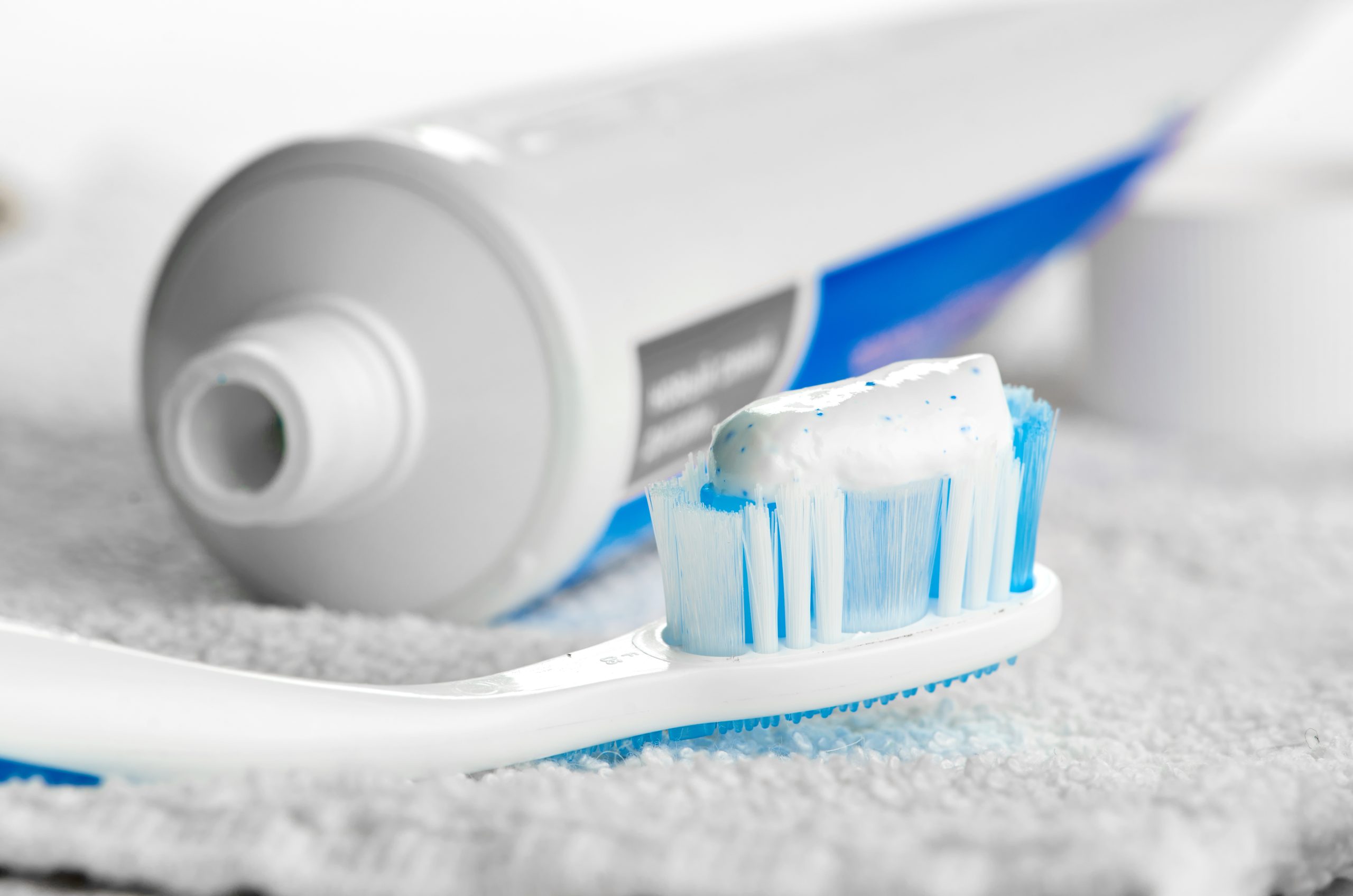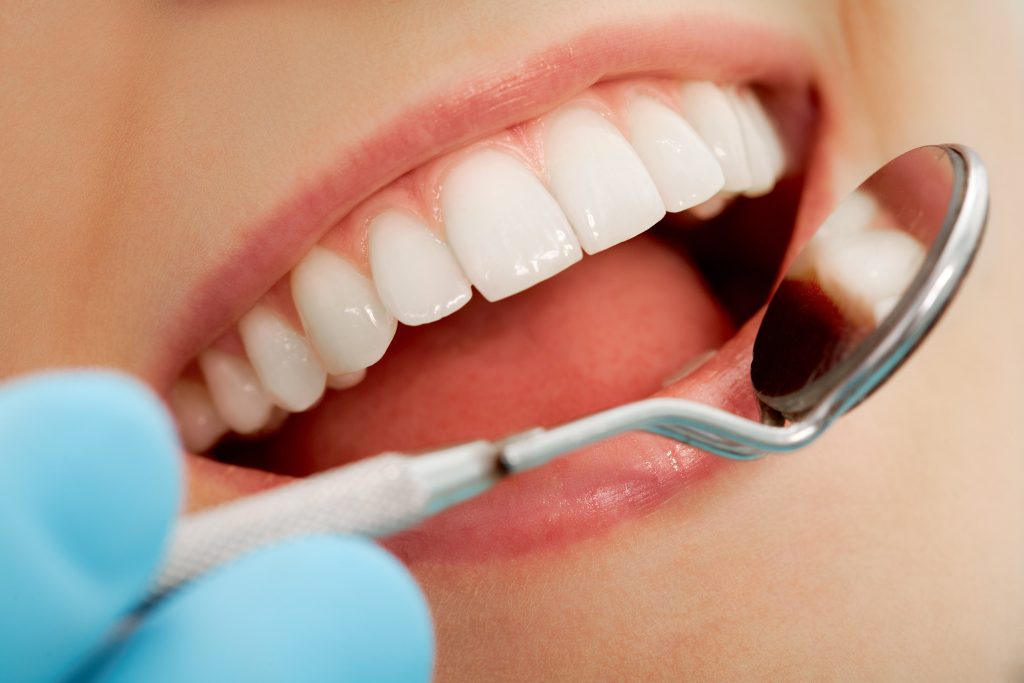Hydroxyapatite in its natural form, is a type of calcium. Pure hydroxyapatite is white in color. It makes up most of the human bone structure and is a major component of teeth. This form of calcium is what give bones and teeth their rigidity.
Uses for Hydroxyapatite
Research in non-medical uses include air filtration to remove carbon dioxide and a filter to remove fluoride from saturated soil. But where hydroxyapatite has really grown in popularity is in its medical uses.
A form of hydroxyapatite called nano hydroxyapatite is commonly used in joint replacement and dental surgeries because it encourages new bone growth and the body is less likely to reject implants. It also helps to anchor new implants more effectively.
Calcium supplements of hydroxyapatite have shown early promise for maintaining bone health better than calcium carbonate supplements, although more research in this area is needed.
Hydroxyapatite toothpaste
Tooth enamel is almost all hydroxyapatite. So, using it for oral care makes sense. More importantly it is nontoxic! A study comparing fluoride toothpaste to hydroxyapatite toothpaste showed an equal outcome of re-mineralizing and preventing demineralization. So why not go with the nontoxic hydroxyapatite that your teeth are made of anyway?
Regular use of hydroxyapatite toothpaste can help healthy teeth stay healthy and avoid becoming demineralized in the first place.
Not only does it help to re-mineralize damaged teeth but it can also help to minimize the bacteria involved in the formation of cavities. Using hydroxyapatite toothpaste helps protect your teeth from acid produced by bacteria without adversely affecting your oral microbiome.
Typical toothpastes on the market contain fluoride which is bactericidal. This means that it kills all bacteria in the mouth. But the mouth, much like our gut has a microbiome that is naturally there to keep our mouths healthy. Additives like chlorhexidine, triclosan, or alcohol may temporarily reduce bacterial overgrowth issues, but they can lead to other health problems over time.
Helps With Dental Implants/Fillings
In an article on Carifree.com the author states “Dental implants that are coated in nano hydroxyapatite encourage bone growth and implant more effectively than non-coated implants. It can be added to dental filling agents used to repair serious cavities. It also has been shown to reduce or eliminate tooth sensitivity after whitening. It also can improve outcomes with dental implants much like it can with bone implants in the rest of the body. It has become an important tool in the periodontal and oral surgery specialties.”
Whitens Teeth
One of the benefits of using hydroxyapatite toothpaste is an increased whitening effect.
It Is Resistant to Acidic PH
The pH of the mouth should always be slightly alkaline to prevent inflammation and oral disease. Hydroxyapatite toothpaste helps teeth become more resistant to acidic pH in the mouth, which would otherwise break down enamel faster.
It May Improve Gum Health
Using HAp toothpaste may help improve and strengthen gum and dental health in patients with gum disease. Improvements include dental plaque control, pocket depth, and bleeding gums.
The best way to use hydroxyapatite toothpaste is to leave it on your teeth after brushing, in other words, no rinsing
https://www.nature.com/articles/s41405-019-0026-8
https://carifree.com/blog/common-uses-of-hydroxyapatite-and-how-it-can-affect-your-teeth/
https://www.mewmouth.com/blog/hydroxyapatite-toothpaste/
https:/askthedentist.com/hydroxyapatite-toothpaste/
As a retired registered massage therapist, I’ve always been interested in health. I grew up loving sports so that carried into my adult life in my chosen career paths and in my personal life. I now stay active with weight training, hiking and biking. My professional life has always been in health care. This has inspired me to seek out and adopt a life of natural health and wellness.


